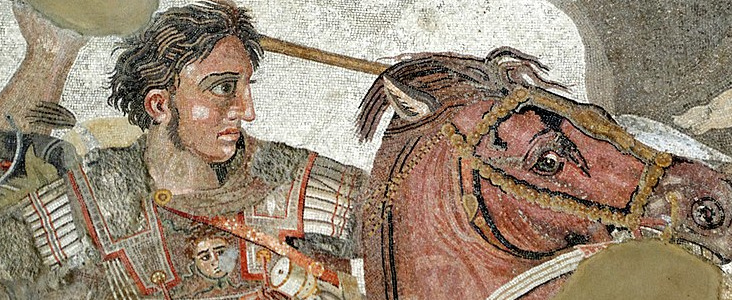-
Courses

Courses
Choosing a course is one of the most important decisions you'll ever make! View our courses and see what our students and lecturers have to say about the courses you are interested in at the links below.
-
University Life

University Life
Each year more than 4,000 choose University of Galway as their University of choice. Find out what life at University of Galway is all about here.
-
About University of Galway

About University of Galway
Since 1845, University of Galway has been sharing the highest quality teaching and research with Ireland and the world. Find out what makes our University so special – from our distinguished history to the latest news and campus developments.
-
Colleges & Schools

Colleges & Schools
University of Galway has earned international recognition as a research-led university with a commitment to top quality teaching across a range of key areas of expertise.
-
Research & Innovation

Research & Innovation
University of Galway’s vibrant research community take on some of the most pressing challenges of our times.
-
Business & Industry

Guiding Breakthrough Research at University of Galway
We explore and facilitate commercial opportunities for the research community at University of Galway, as well as facilitating industry partnership.
-
Alumni & Friends

Alumni & Friends
There are 128,000 University of Galway alumni worldwide. Stay connected to your alumni community! Join our social networks and update your details online.
-
Community Engagement

Community Engagement
At University of Galway, we believe that the best learning takes place when you apply what you learn in a real world context. That's why many of our courses include work placements or community projects.
Final Year BA

Classics in Final Year Arts 2024–25
For full details, consult the Classics Student Handbook available on our Undergraduate Classics page.
Choosing your modules
All Final Year Ancient Classics students take 30 ECTS credits (6 modules) over the year.
There is a limited number of places in CCS303.II Special Project in Classics, which is designed for students who wish to conduct an independent research project during semester two. If you are interested in pursuing such a project, please speak to a member of staff with whom you would like to work, ideally before the start of the academic year. See the module description in the Student Handbook for further details.
3/4BA semester one course structure
Core module
CC316 Barbarians
Options in literature, history and material culture
CC3113 Latin Literature in the Age of Nero
CC3102 Studying Greek Figured Pottery
Language options
CCS315 Intermediate Latin 1 (after one year of study)
CCS311 Advanced Classical and Medieval Latin 1 (after two years of study)
Interdisciplinary option
SG3100 The Cultural Impact of Christianity
3/4BA semester two course structure
Core module
CCS307 Ireland and the Ancient World
Options in literature, history and material culture
CCS306 Iconography: The Classical Tradition in Western Art
CC3100 Pompeii
CCS303.II Special Research Project in Classics
Language options
CCS316 Intermediate Latin 2 (continuing from CCS315)
CC321 Latin Texts from Medieval Ireland and Britain (advanced; after two years of study)


















